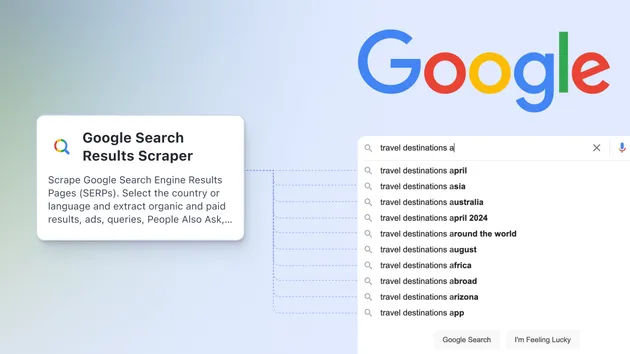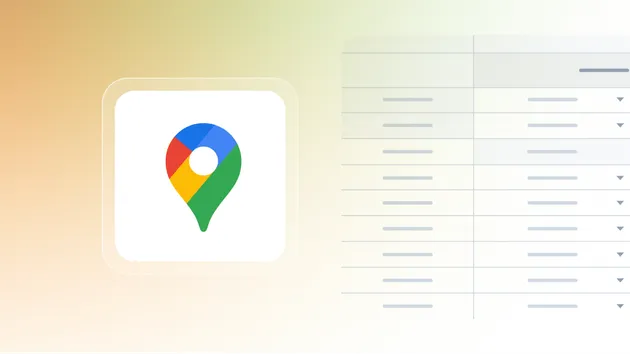Tableau Dashboard Refresher
Pricing
Pay per usage
Tableau Dashboard Refresher
Do you have a Google Sheets dashboard on Tableau Public, but only automatically refreshing it once a day is not enough for you? Refresh your Tableau Public dashboards as many times a day as you need with this handy free automation tool by Apify.
Pricing
Pay per usage
Rating
0.0
(0)
Developer

Zuzka Pelechová
Actor stats
4
Bookmarked
10
Total users
0
Monthly active users
2 years ago
Last modified
Categories
Share




